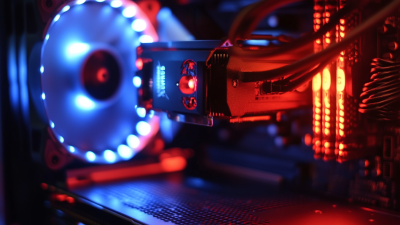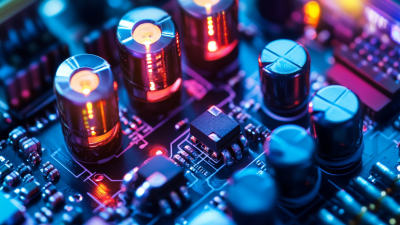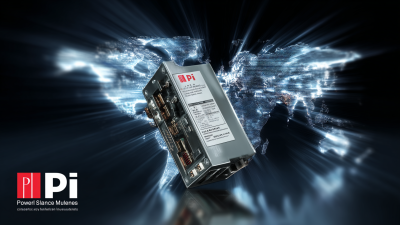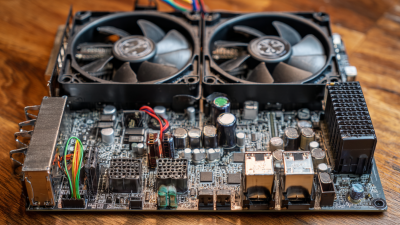Leave Your Message
- Phone
- E-mail
- Whatsapp


Choosing the right PC power supply is a critical step in building a gaming rig that not only meets your performance expectations but also ensures long-term stability and reliability. PC power supplies are the unsung heroes of your system, providing the necessary energy to fuel your components, from the CPU and GPU to fans and peripheral devices. However, with the myriad of options available on the market, selecting the ideal power supply can be daunting. Factors such as wattage, efficiency ratings, modularity, and brand reputation all play significant roles in ensuring your gaming setup operates smoothly under load. This guide aims to simplify the process by highlighting key considerations and helping you make an informed choice tailored to your specific gaming needs and budget. Whether you're a casual gamer or a hardcore enthusiast, understanding the essentials of PC power supplies will empower you to build a robust system capable of delivering an immersive gaming experience.
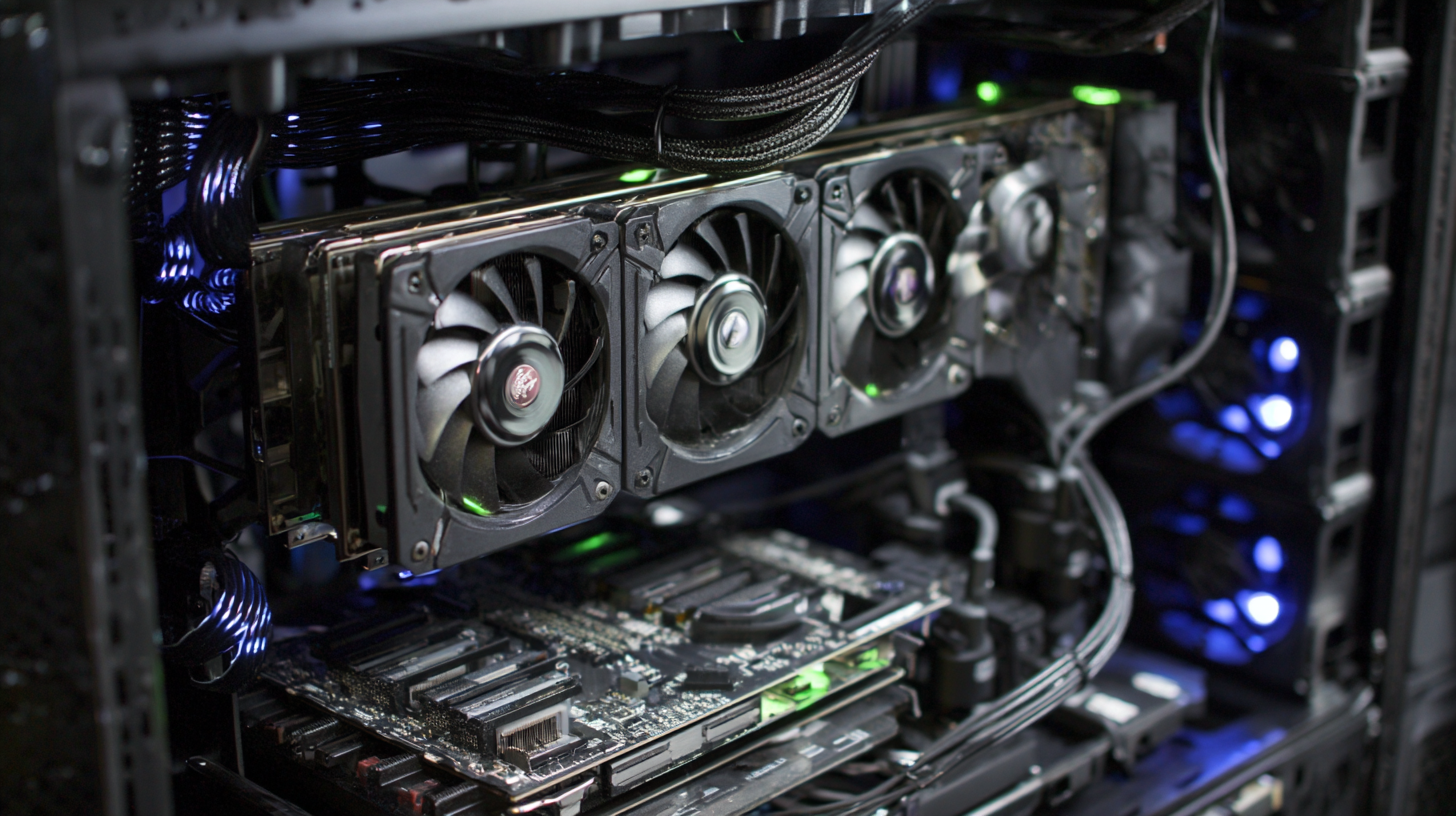
When selecting the right power supply unit (PSU) for your gaming rig, understanding key features and specifications is essential. The recent introduction of the Intel ATX 3.0 standard emphasizes the growing importance of enhanced power delivery systems, specifically with the PCIe 5.0 12VHPWR connector. This development marks a significant stride in accommodating high-demand components, ensuring that the PSU can adequately support the performance of modern GPUs and CPUs.
Moreover, efficiency and reliability remain crucial factors. High-efficiency power supplies not only reduce energy consumption but also enhance system stability. Industry reports suggest that power supplies with an 80 PLUS certification can provide up to 90% energy efficiency at 50% load, proving beneficial for gamers looking to optimize their setups. Additionally, the market is shifting towards modular and compact designs, which offer easier cable management and improved airflow, essential for high-performance gaming environments. Choosing a PSU that adheres to these specifications will not only future-proof your gaming rig but also contribute to overall performance and longevity.
When building a gaming rig, one of the crucial components to consider is the power supply unit (PSU). Determining the right wattage is essential for optimal performance and to ensure all parts work harmoniously without power shortages. Start by calculating the total wattage requirement by adding up the needs of all components, including the CPU, GPU, motherboards, and any additional peripherals. Most manufacturers provide specifications indicating their products' power consumption, so refer to these resources for accurate figures.
In addition to summing the components' wattage, it is wise to allow for some headroom to accommodate future upgrades or overclocking. A general guideline is to add an extra 20-30% of the total calculated wattage, ensuring that the PSU can efficiently handle peak loads without strain. This approach not only guarantees stability but also enhances the longevity of the system. Choosing a reliable PSU with a good efficiency rating will positively impact the overall gaming experience, delivering consistent power while generating less heat and noise.
| Component Type | Typical Wattage | Notes |
|---|---|---|
| CPU | 65 - 150 W | Depends on model and overclocking status. |
| GPU | 150 - 350 W | Higher-end models may require more power. |
| Motherboard | 50 - 100 W | Includes power for PCIe slots and other peripherals. |
| RAM | 2 - 10 W | Depends on the number of sticks and speed. |
| Storage (HDD/SSD) | 2 - 10 W | SSDs generally consume less power than HDDs. |
| Cooling Fans | 2 - 5 W each | Number of fans impacts total wattage. |
When selecting a power supply for your gaming rig, understanding the modular design options is crucial. A fully modular power supply provides the greatest flexibility, allowing you to use only the cables you need for your components. This not only optimizes airflow within the case but also makes cable management a breeze, resulting in a cleaner and more organized build. With a fully modular design, users can easily swap out cables for upgrades or replacements without having to deal with unnecessary clutter.
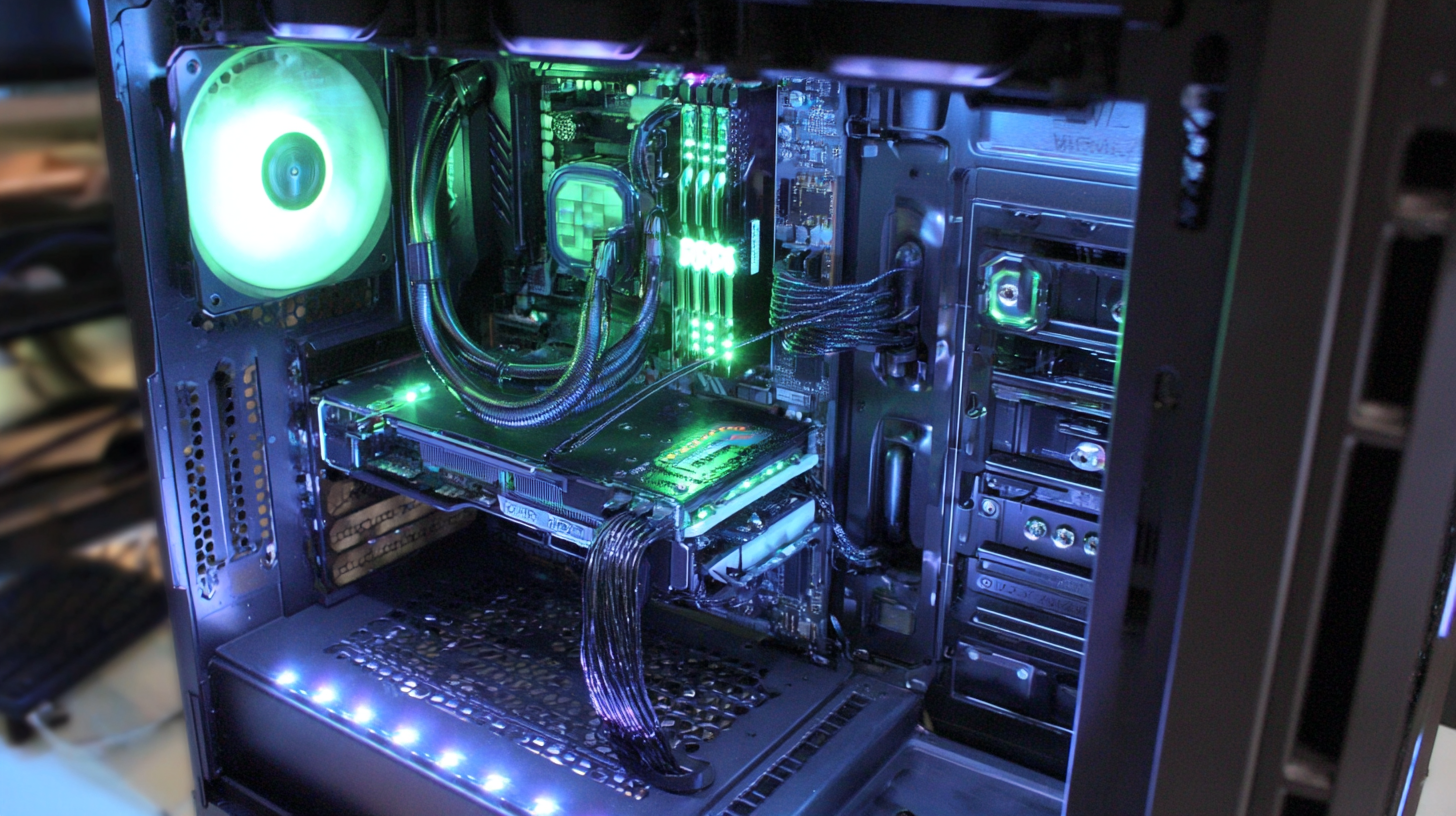
In contrast, a semi-modular power supply strikes a balance between ease of use and cost-effectiveness. It typically comes with essential cables pre-installed, such as the motherboard and CPU power connectors, while allowing you to customize the remaining connections. This design is ideal for gamers who want some degree of control over cable management without the full complexity and expense of a fully modular setup.
Lastly, non-modular power supplies offer a cost-effective option, but they require using all pre-attached cables, which can complicate cable management and potentially hinder airflow. Choosing the right modular design ultimately depends on your budget, individual preferences, and the aesthetics of your gaming rig.
When selecting a power supply unit (PSU) for your gaming rig, understanding efficiency ratings is crucial. The 80 PLUS certification system is a benchmark that indicates how effectively a power supply converts AC power from the outlet into DC power for the computer’s components. This certification ranges from 80 PLUS, which guarantees at least 80% efficiency at 20%, 50%, and 100% of rated load, to higher tiers like Gold, Platinum, and Titanium, which indicate even greater efficiency. A higher efficiency means less energy wastage, resulting in lower electricity bills and reduced heat output, which contributes to better overall system stability and longevity.
Efficiency ratings also play a significant role in performance during intensive gaming sessions. A PSU with a higher 80 PLUS rating not only ensures that your components receive adequate power but also operates at cooler temperatures, minimizing the risk of overheating. Moreover, a more efficient power supply can contribute to quieter operation, as the cooling fans will need to work less hard. For gamers looking to optimize their setups, considering the 80 PLUS standards is essential for building a reliable and efficient system that delivers the best performance while being mindful of energy consumption.
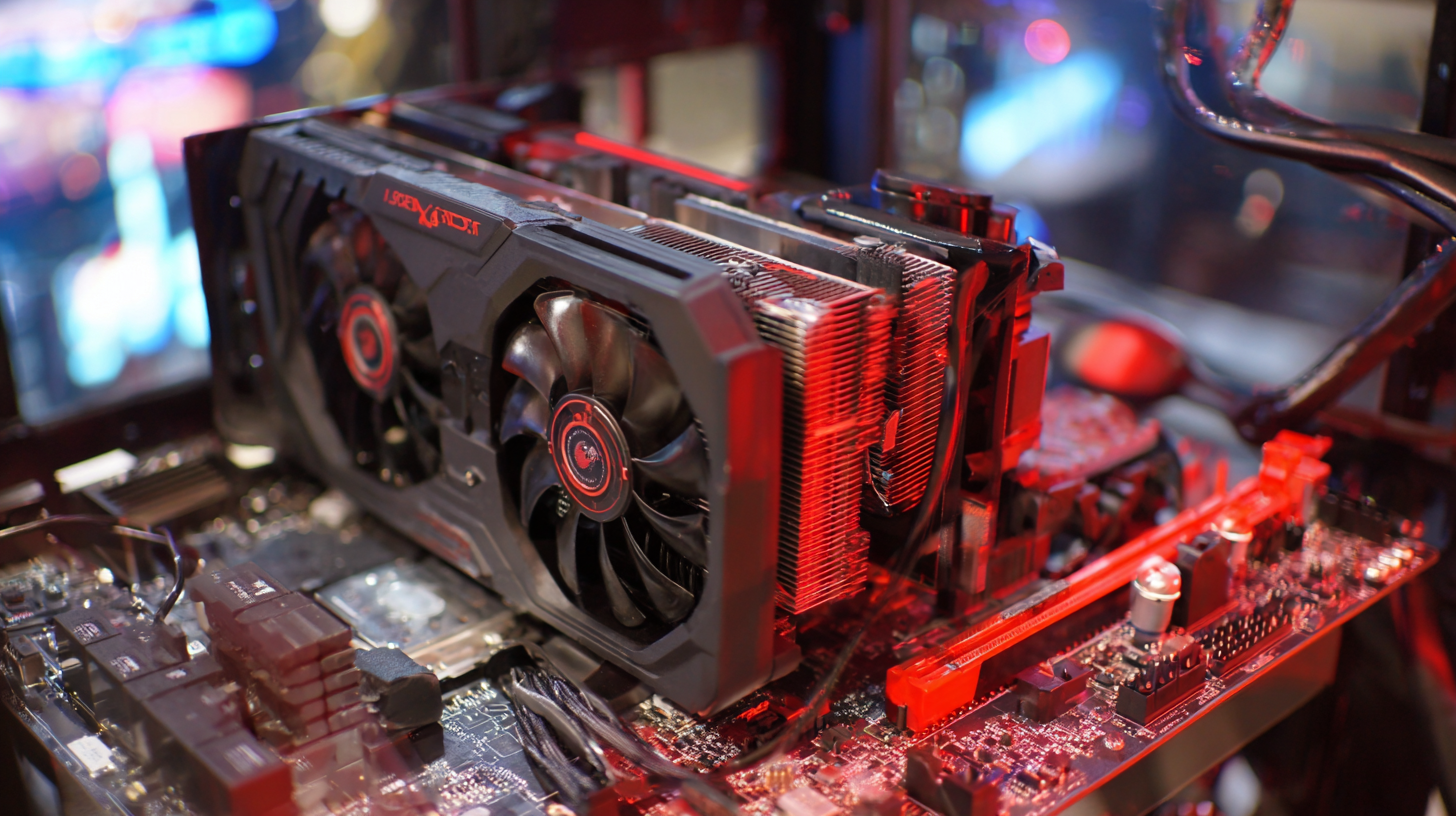
When selecting a power supply unit (PSU) for your gaming rig, safety features are crucial to ensuring the longevity and protection of your components. A quality PSU should include overload protection, short circuit protection, and overvoltage protection. According to a report from the Global PC Power Supply Market, approximately 30% of PSU failures are due to inadequate safety measures, emphasizing the importance of these features in preventing potential damage.
Tip: Always choose a power supply with a good reputation for reliability. Brands that undergo rigorous testing and offer warranties can provide peace of mind. Look for PSUs that comply with safety certifications such as UL, CE, and FCC, which can indicate their reliability and adherence to safety standards.
Additionally, consider power efficiency ratings, such as the 80 PLUS certification, which ensures that your PSU runs efficiently and generates less heat. A report by the International Energy Agency highlights that high-efficiency power supplies can reduce electricity consumption by nearly 20%, aligning energy savings with safety. Investing in a PSU that combines safety features with high efficiency not only protects your components but also benefits your wallet in the long run.
The chart above illustrates the importance levels (on a scale from 1 to 10) of various safety features to consider when choosing a power supply for your gaming rig. Key features like Over Voltage Protection and Short Circuit Protection are crucial for safeguarding your components from potential damage.

